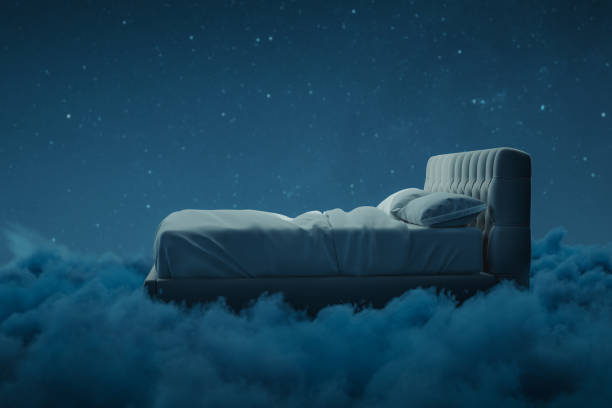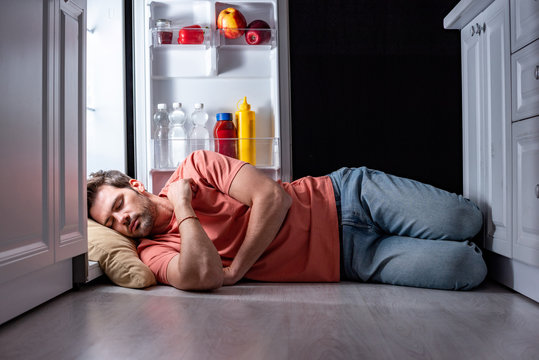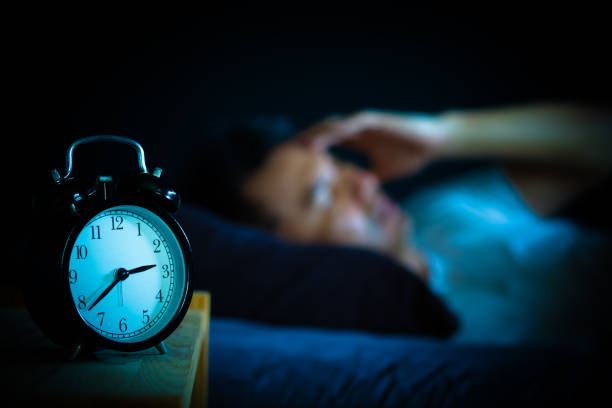How to Fall Asleep Faster: 7 Proven Strategies for Better Sleep
Why Falling Asleep Is Harder Than Ever
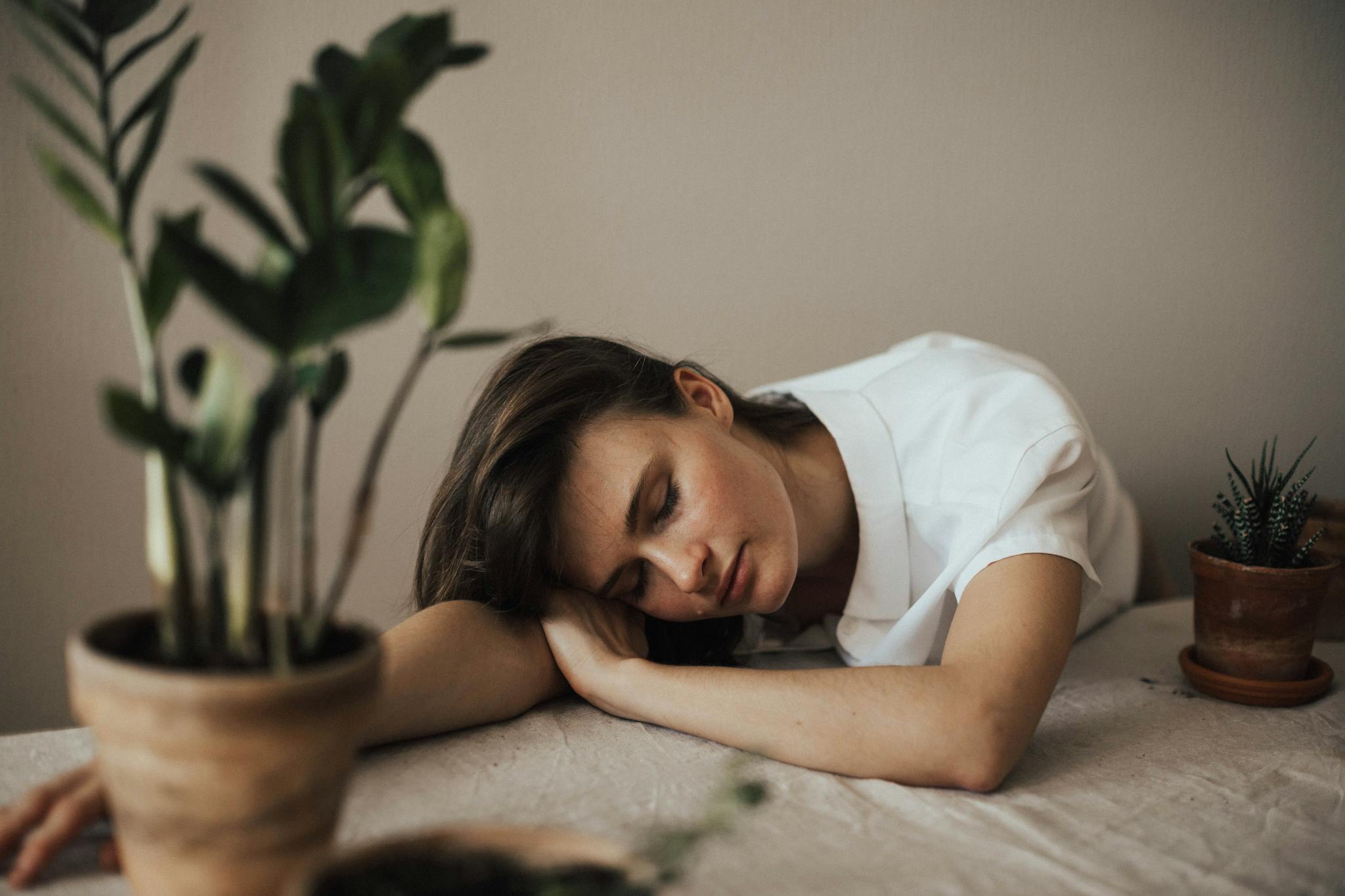
If you find yourself staring at the ceiling for hours, night after night, you’re far from alone. Millions of people silently battle insomnia, tossing and turning while their mind runs laps around tomorrow’s to-do list. With modern life’s growing demands, constant screen exposure, and disrupted routines, getting deep, quality sleep has become harder than ever.
What used to be a natural rhythm — falling asleep soon after dark and waking refreshed — is now something many have to fight for. Blue light from phones and laptops interferes with melatonin, our sleep hormone. Stress keeps cortisol levels high when they should be winding down. And unpredictable schedules make it difficult for the body’s internal clock to find any kind of balance.
But there’s good news: sleep isn’t broken — it’s just out of sync. By making a few intentional changes and understanding how sleep actually works, you can retrain your body and mind to fall asleep faster, stay asleep longer, and finally wake up feeling like yourself again. These aren’t gimmicks — they’re proven, science-backed methods that help restore what your body is already built to do: rest.
1. Set a Consistent Sleep Schedule
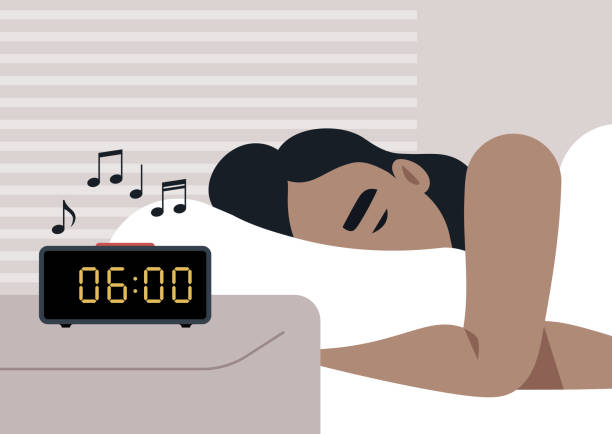
Going to bed and waking up at the same time each day might sound simple, but it’s one of the most powerful things you can do to improve your sleep. Your body runs on a 24-hour internal clock known as the circadian rhythm — a natural cycle that governs when you feel awake, tired, hungry, and even how your hormones behave.
When your sleep schedule is inconsistent — staying up late one night, sleeping in the next — your circadian rhythm gets thrown off. This confuses your brain and disrupts the release of melatonin, making it harder to fall asleep and wake up refreshed. But when you commit to a consistent schedule, you train your body to anticipate sleep and wakefulness at the right times, making both processes smoother and more natural.
Start by picking a bedtime and wake-up time that gives you at least 7–8 hours of sleep, and stick to it — even on weekends. Your body doesn’t know it’s Saturday; it just knows routine. To help signal that sleep is coming, begin winding down about an hour before bed. Dim the lights, put away screens, and engage in calming activities like reading, stretching, or listening to soothing music. If you can keep your schedule within a 30-minute range every day, you’ll be amazed at how much easier falling — and staying — asleep becomes over time.
2. Create a Wind-Down Routine That Actually Works
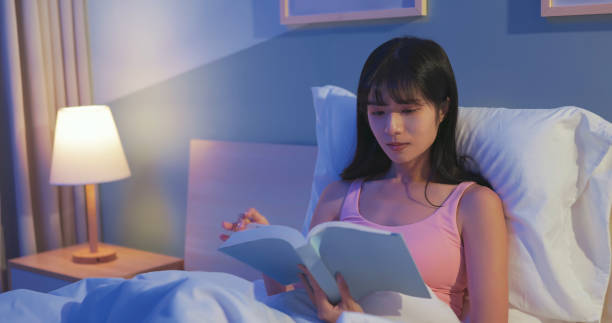
A consistent wind-down routine is one of the most underrated secrets to falling asleep faster — and staying asleep longer. Think of it as a nightly ritual that gently guides your body and brain from high-alert mode into a state of calm readiness for rest. Just like your body wakes up with cues like sunlight or an alarm clock, it also needs clear, repeated signals that it’s time to slow down and prepare for sleep.
About an hour before bed, start transitioning into relaxation mode. Dimming the lights helps reduce stimulation and encourages melatonin production, the hormone responsible for making you feel sleepy. Instead of watching fast-paced TV shows or scrolling endlessly through social media — both of which keep your brain wired — opt for activities that ease you into rest. Reading a physical book, doing light yoga stretches, taking a warm shower, or practicing deep breathing exercises can all help send the message: “It’s time to rest.”
The more consistently you follow a relaxing pre-sleep routine, the stronger the signal becomes. Eventually, your body will begin to associate those cues with sleep, making it easier to drift off naturally without needing to force it or rely on sleep aids.
3. Limit Light and Screen Exposure
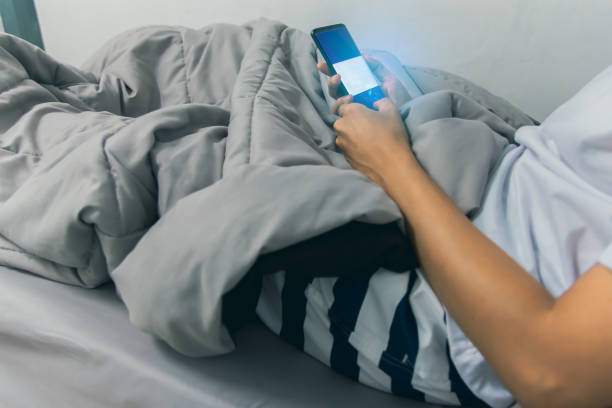
In today’s digital world, it’s easy to spend your evenings bathed in the glow of screens — whether it’s your phone, TV, laptop, or tablet. But that seemingly harmless blue light can do more damage to your sleep than you might realize. Blue light emits a specific wavelength that tricks your brain into thinking it’s still daytime. As a result, your body holds off on producing melatonin, the natural hormone responsible for making you feel drowsy and preparing you for rest.
When melatonin production is suppressed, your internal clock gets confused, making it harder to fall asleep and stay asleep through the night. Even short bursts of screen exposure close to bedtime can delay the onset of sleep, reduce REM cycles, and leave you feeling groggy the next day — no matter how many hours you spent in bed.
To protect your sleep, try powering down all screens at least 30 to 60 minutes before bedtime. Instead, use that time to read a book, stretch, journal, or simply relax without a device. If you absolutely need to use a screen, consider investing in blue light-blocking glasses or using built-in night mode filters to reduce the impact. It’s a small shift that can make a major difference in how quickly you fall asleep and how rested you feel in the morning.
4. Try Natural Sleep Aids and Relaxation Tools
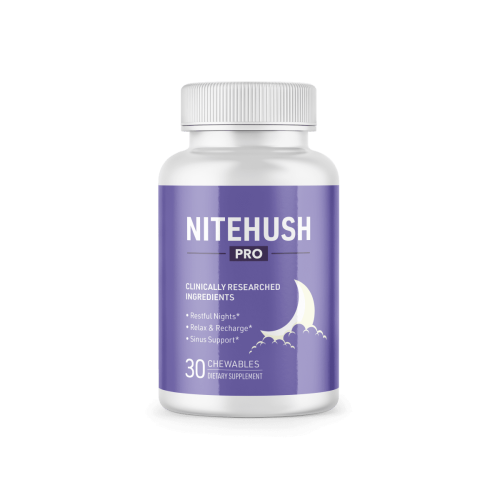
Creating the right sleep environment is just as important as having the right bedtime habits. Your surroundings send subtle signals to your brain that it’s time to wind down — or stay alert. That’s why sensory tools like calming teas, soft lighting, or ambient sound can make such a powerful difference in your ability to fall asleep quickly and stay asleep through the night.
Drinking a warm cup of chamomile or valerian tea helps relax the nervous system, while lavender sprays or essential oils can promote a calming response in the brain. White noise machines are also popular for blocking out background noise and promoting uninterrupted rest — especially if you live in a noisy environment or struggle with nighttime anxiety.
But if you want a more complete, plug-and-play solution, it may be worth trying a device designed specifically to guide your body into sleep. The NiteHush Pro is an all-in-one sleep therapy device that combines multiple relaxation methods into one sleek, easy-to-use tool. It uses soothing audio frequencies, gentle light therapy, and rhythmic pulses to help calm your mind and body in just minutes — making it easier to fall asleep naturally without medication or melatonin.
Whether you’re dealing with stress, insomnia, or just want a better nightly routine, the NiteHush Pro is designed to create the perfect pre-sleep atmosphere. It’s not just another gadget — it’s a system that works with your body’s natural rhythms to help you drift off peacefully and wake up refreshed.
5. Watch What You Eat (and When)
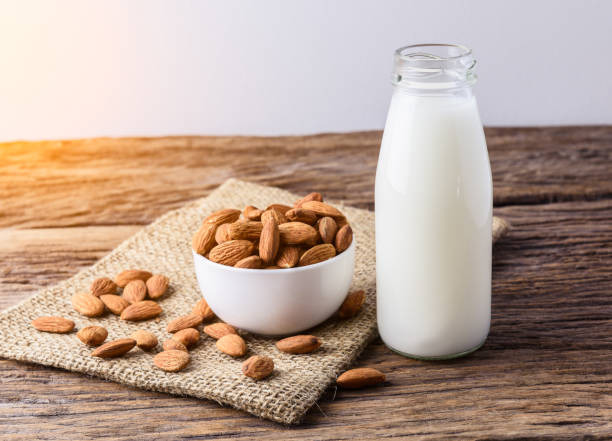
What you eat — and when you eat it — can have a major impact on your sleep quality. Consuming caffeine, alcohol, or heavy meals too close to bedtime can disrupt your body’s natural rhythm and make it harder to wind down. Caffeine, found not just in coffee but also in tea, chocolate, and even some medications, is a stimulant that can stay in your system for up to 6–8 hours. That means that even an afternoon latte might still be affecting your ability to fall asleep hours later.
Alcohol, on the other hand, may make you feel drowsy at first, but it actually interferes with your sleep cycles — especially REM sleep, which is essential for memory, mood, and recovery. You might fall asleep quickly after drinking, but you’re likely to wake up in the middle of the night feeling restless or dehydrated.
Heavy or greasy meals close to bedtime can also strain your digestive system, forcing your body to stay active when it should be winding down. Instead of focusing on repair and rest, it’s busy breaking down food — which can lead to indigestion, discomfort, or interrupted sleep.
If you’re feeling a bit hungry before bed, opt for a light snack that supports sleep. A banana contains magnesium and potassium, which help relax muscles and nerves. Almonds are a good source of melatonin and healthy fats. Warm milk contains tryptophan, an amino acid that helps boost serotonin and melatonin — two key hormones for sleep regulation. These small additions to your routine can naturally encourage your body to ease into rest without disruption.
Sleep Is a Skill — Train It Daily
Falling asleep faster isn’t just about being tired — it’s about setting your body up for success. With a few small tweaks to your routine, environment, and mindset, you’ll start to notice big improvements in how quickly you drift off. Whether you’re building better habits or adding tools like the NiteHush Pro, the key is staying consistent.

Written by Alex Monroe
Alex enjoys late-night walks, classic mystery novels, and perfecting his pour-over coffee game.
Updated April 16th
Alex Monroe is a sleep health researcher and content writer with a passion for helping people unlock better rest through science-backed strategies. With years of experience studying sleep patterns, reviewing sleep products, and testing natural remedies, Alex combines practical advice with expert insights. When he’s not writing, you’ll find him trying out new bedtime routines, testing the latest sleep gadgets, or curled up with a good book before lights out.

